 |
|
||||||
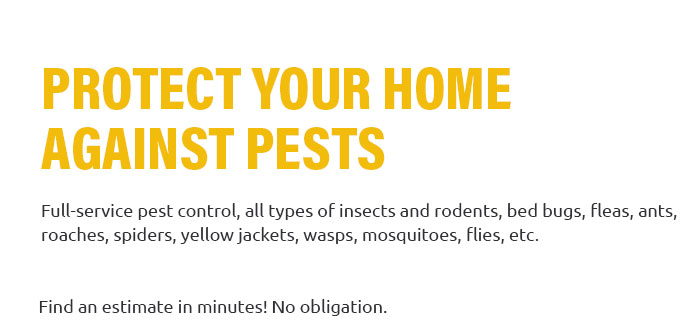 |
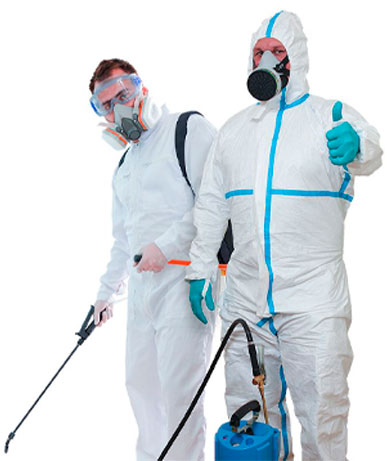 |
 |
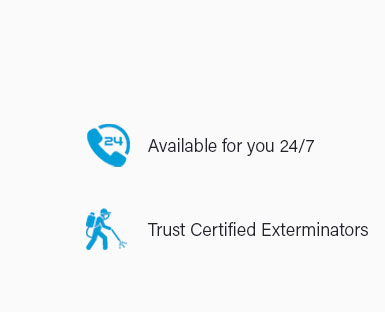 |
 |
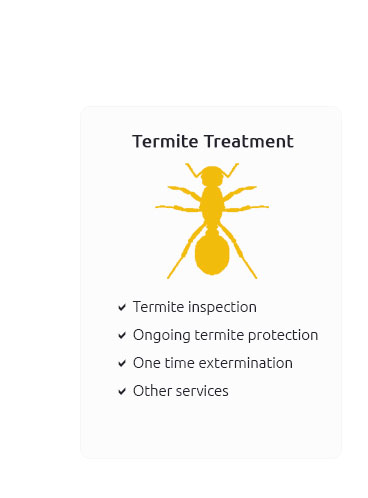 |
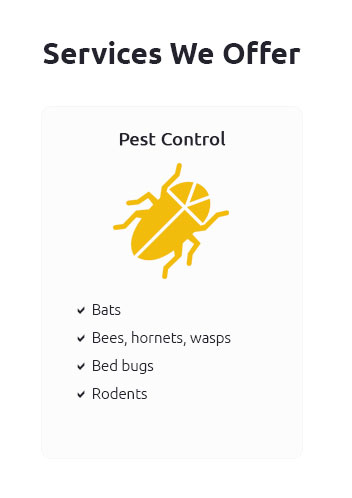 |
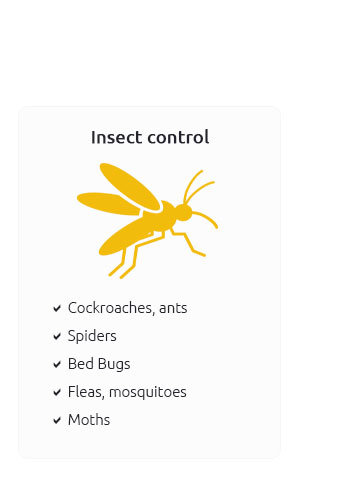 |
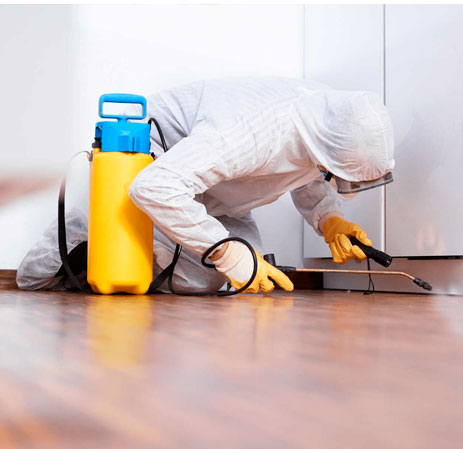 |
 |
 |
 |
 |
|
Welcome to the frontline of pest control where we don't just promise solutions, we deliver peace of mind with unmatched precision and expertise; our scorpion pest control services are engineered to tackle these formidable arachnids with a blend of cutting-edge technology and seasoned know-how, ensuring that your home is not just scorpion-free, but an invincible fortress against any creeping threat-because when it comes to protecting your space, we believe in being relentless, so you can live fearlessly.
https://cedarcide.com/pages/scorpions?srsltid=AfmBOopXtLAW-s6QQv8AV8LQ-75O-8QEM0ipZfWp3wC9dYeyaK_3g7MW
To repel scorpions indoors, spray known hangouts and potential entry points like doorways, garages, windows, and baseboards weekly with non-toxic Tickshield. https://www.lawnandpestcontrolsupply.com/collections/scorpion-control?srsltid=AfmBOoqUaaYlJTxQsf-H5IKkhj2izmqrZcZYV5FMd11KCF0xfck6g1yt
DIY Scorpion Killer & Pest Control Products With Professional Results. Find Products In Our Collections That Work For You. Sign Up Today. https://www.reddit.com/r/arizona/comments/nit8d4/scorpion_season_what_pest_control_works_best_for/
I spray with Cy-kick every two months. Does a great job. I also use a gradual pesticide that I spread around my gravel once a year just before ...
|



